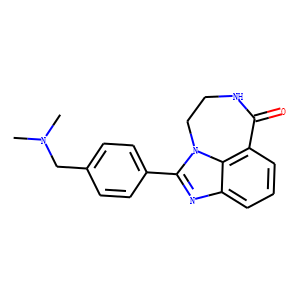Contact Us at MuseChem
We are committed to providing you with reliable, cost-effective solutions for your chemical needs, while ensuring your safety and comfort. Our team of experts is always available to answer your questions and help you navigate the complexities of the chemical industry.
Whether you're looking for a specific product or need help with a custom synthesis project, we're here to help you discover a new world of chemical possibilities. Contact us today to learn more about how we can assist you with all of your chemical needs.
Our goal is to make the process of ordering chemicals as seamless and hassle-free as possible. Let us know how we can assist you, and we'll get back to you as soon as possible. We look forward to hearing from you!

